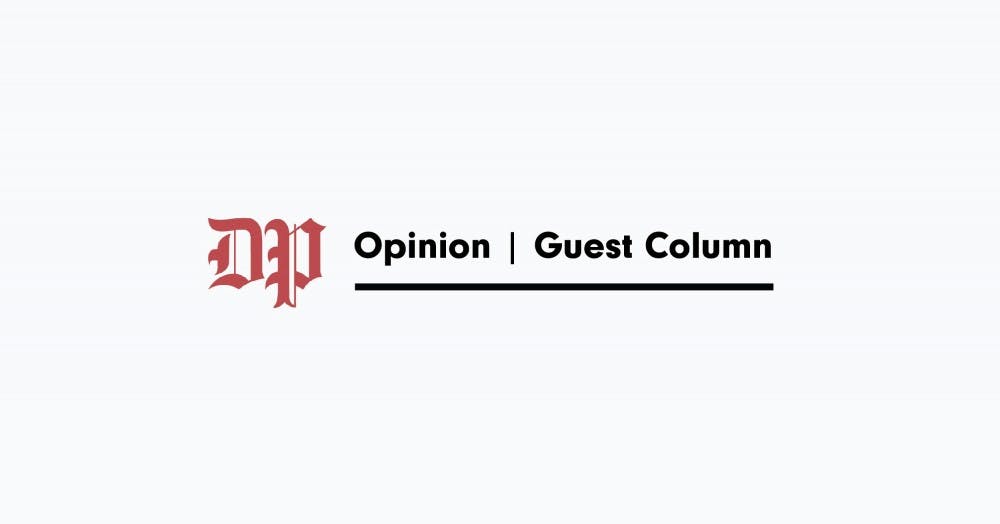President Trump appears to have an indifferent, if not downright disdainful, attitude to the rule of law. His firing of former FBI Director James Comey seems to be an effort to prevent or slow a criminal investigation into alleged connections between the Trump campaign and Russian agents, and may qualify as obstruction of justice. The President’s apparent failure to separate his business interests from his work as head of state may violate the Emoluments Clause of the Constitution. Ultimately, if these allegations are found to be true, either or both may amount to grounds for impeachment.
What seems indisputable is that in only four months of his administration, President Trump has placed the rule of law — or at least the perception of the rule of law — in jeopardy. In addition to his abrupt and unseemly firing of FBI Director Comey, and failing to observe obligations to segregate his business interests from the job of governing, the President has (1) issued two immigration bans seemingly motivated by religious bias; (2) limited representatives of the press from access to official briefings; (3) called the American press “enemies of the people;” (4) met with Russian government officials in the White House, banning representatives of the American press but allowing Russian press coverage; (5) threatened “sanctuary cities” (and universities) with federal defunding; (6) denigrated federal district court and appellate court judges; (7) failed to disclose personal and corporate tax returns after promising to do so; (8) expressed admiration for autocrats around the world, including Putin in Russia, Erdogan in Turkey, Duterte in the Philippines, and Salman in Saudi Arabia; (9) offended leaders of traditional democratic allies, including Merkel in Germany and Macron in France; (10) refused to repeat in a speech to NATO a legal commitment to mutual self-defense; and (11) withdrawn unilaterally from, and against the terms of, the Paris Agreement on climate change, a legal commitment that was made by the United States to almost every other nation on earth.
In response to this general pattern, some of us Penn faculty members have signed an Open Letter to Legislators and Others to Support the Rule of Law. Not all of the faculty signatories may agree that all of the recounted actions and inactions compromise rule of law principles, but we are united behind the following statement.
Recent actions taken by the White House threaten to undermine the rule of law in the United States. We therefore urge legislators, courts, and others “to act out of principle, and not only loyalty, to assure that the bedrock values supporting the rule of law are preserved and honored.”
Donald Trump has often invoked the fact that he is a Wharton School graduate as evidence of his intelligence. But education at Wharton has always also involved commitment to moral, professional, and social values. One of these basic values is the rule of law. Business cannot thrive without a foundational respect for legal and ethical principles. The same may be said about government and government service. As faculty members, we feel compelled not to remain silent as the values that serve to support and enrich our school and university are boldly if not proudly disregarded. We have therefore drafted an Open Letter to Legislators and Others to Support the Rule of Law, reprinted here in the Daily Pennsylvanian, which more than three dozen Wharton faculty have signed so far.
The Wharton School appropriately does not take political positions as an institution. Our faculty members include Republicans, Democrats, and Independents, with a wide range of political viewpoints. Those of us who have signed the Open Letter are, admittedly, a minority of our faculty. Even speaking as a minority, however, we believe that the time has come for all citizens to urge legislators and others to act to support the rule of law. We are united by the values that we teach and seek to uphold, and the values on which our country was founded.
Note: The authors are professors at the University of Pennsylvania, and coordinated the writing and signing of an Open Letter to Legislators and Others to Support the Rule of Law that has been swigned by about three dozen Wharton faculty so far. The opinions in this editorial represent only the views of the individual authors. Neither this Op-Ed nor the Open Letter represents any official position of the Wharton School or the University of Pennsylvania. The Wharton School takes no political position and does not comment on its students, alumni, or faculty.
WILLIAM S. LAUFER is a professor of Legal Studies and Business Ethics, Sociology, and Criminology at the Wharton school.
ERIC W. ORTS is a professor of Legal Studies and Business Ethics at the Wharton school.
MAURICE SCHWEITZER is a professor of Operations, Information and Decisions at the Wharton School.
AMY SEPINWALL is an assistant professor of Legal Studies and Business Ethics at the Wharton School.
KEVIN WERBACH is an associate professor of Legal Studies and Business Ethics at the Wharton School.
The Daily Pennsylvanian is an independent, student-run newspaper. Please consider making a donation to support the coverage that shapes the University. Your generosity ensures a future of strong journalism at Penn.
Donate





